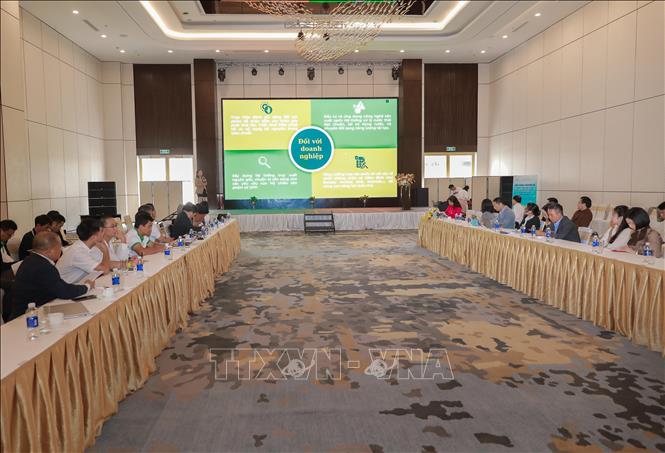
This is a key activity in the series of national trade promotion events in 2025, with practical significance in spreading the spirit of innovation, sustainable development and promoting green transformation of Vietnam's industry and trade sector - towards the goal of "Green industry - sustainable development of Vietnam". The workshop is an important forum, bringing together representatives of state management agencies, institutes - schools, experts, businesses and technical support organizations to exchange and share practical experiences in implementing cleaner production, technological innovation and applying the circular economy model. Delegates focused on identifying difficulties and challenges, and at the same time proposing mechanisms and solutions to effectively link the green transformation process, innovation, digital transformation and sustainable development in the industrial sector.
In her opening speech, Ms. Nguyen Thi Lam Giang, Director of the Department of Innovation, Green Transformation and Industrial Promotion, said that 2025 is an important pivotal period for the Vietnamese economy - both strongly recovering from global fluctuations and facing challenges from climate change and increasingly high requirements for environmental standards in international trade. In that context, green transformation and sustainable development are not only inevitable trends, but have become a command for action for all industries, localities and businesses.
According to Ms. Lam Giang, Vietnam's industrial sector is transforming strongly, from extensive growth to intensive development, associated with the application of clean technology, renewable energy and circular economy. Therefore, organizing today's workshop is an opportunity to spread awareness, share knowledge and arouse the spirit of cooperation between actors in the industrial value chain, contributing to promoting the green transformation process and innovation in a practical and effective manner.
The event was attended and shared by many experts and typical businesses such as Daikin Vietnam, Toshiba Vietnam, Vietnam Leather, Footwear and Handbag Association, Bao Minh Industrial Park Infrastructure Investment Joint Stock Company, etc. These are all pioneers in technological innovation, applying green production solutions, contributing to shaping the trend of sustainable industrial development in Vietnam in the new era.
Mr. Pham Truong Son, representative of the Department of Innovation, Green Transformation and Industrial Promotion, emphasized that climate change is no longer a new issue. In September and October alone, Hanoi witnessed three historic rainstorms, phenomena that, according to the hydrometeorology industry, only occur once every few decades.
Since the late 1980s, the world has initiated global efforts to respond to climate change with the establishment of the Intergovernmental Panel on Climate Change (IPCC) and then the Kyoto Protocol in 1997, the Paris Agreement in 2015 encouraged countries to establish commitments in accordance with actual conditions. Vietnam, at that time a developing country, participated through the Clean Development Mechanism, thereby receiving technology transfer and participating in the international carbon credit market.
Notably, at the COP26 Conference (2021), Vietnam affirmed its commitment to achieving net zero emissions by 2050, marking a turning point in development policy, shifting from a "carbon-based economy" to a green and circular economy.
To realize this commitment, Vietnam has quickly concretized it through a system of policies and legal frameworks. The Law on Environmental Protection 2020, for the first time, dedicated a chapter to climate change response, which specifically regulates greenhouse gas inventories, emission reduction, carbon market development and green finance mechanisms.
Mr. Son said: "Greenhouse gas inventory is no longer an option, but a mandatory requirement. This is the first step for businesses to move towards carbon governance, meeting green standards in international trade."
Accordingly, reducing greenhouse gas emissions is not only a legal obligation, but also a driving force for sustainable development. Proactively switching to clean, energy-saving technology and participating in the carbon market will help Vietnamese enterprises overcome green barriers, improve competitiveness, and build a green, sustainable national brand in the international market.
Source: https://baotintuc.vn/kinh-te/chuyendoi-xanh-trong-san-xuat-cong-nghiep-20251028160120580.htm


![[Photo] National Assembly Chairman Tran Thanh Man received a delegation of the Social Democratic Party of Germany](https://vphoto.vietnam.vn/thumb/1200x675/vietnam/resource/IMAGE/2025/10/28/1761652150406_ndo_br_cover-3345-jpg.webp)



![[Photo] Draft documents of the 14th Party Congress reach people at the Commune Cultural Post Offices](https://vphoto.vietnam.vn/thumb/1200x675/vietnam/resource/IMAGE/2025/10/28/1761642182616_du-thao-tai-tinh-hung-yen-4070-5235-jpg.webp)

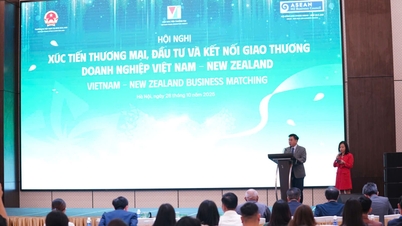
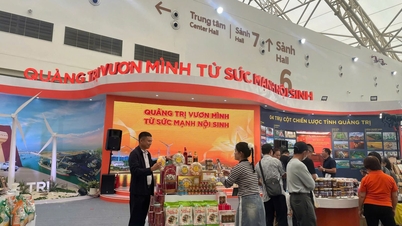
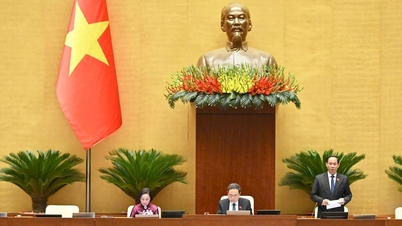

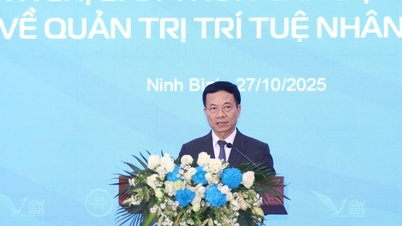

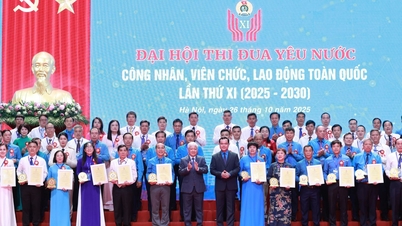
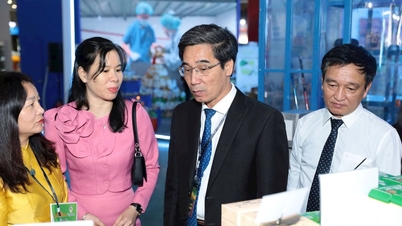



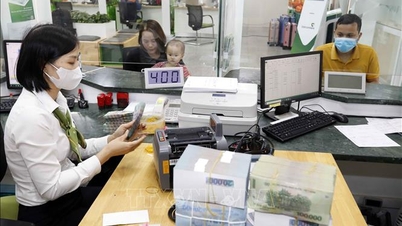
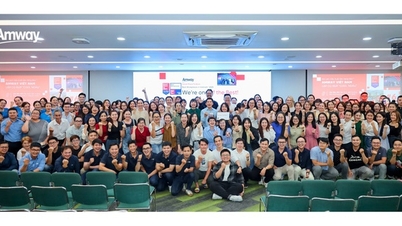

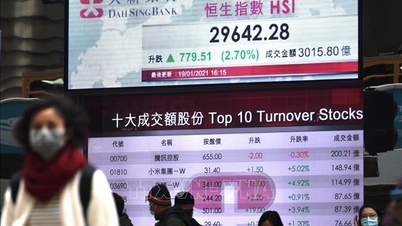
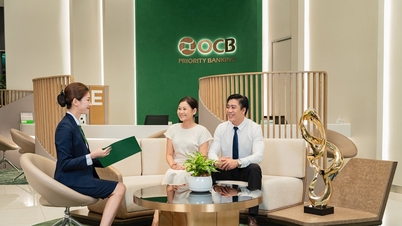






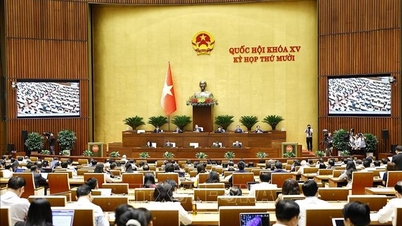
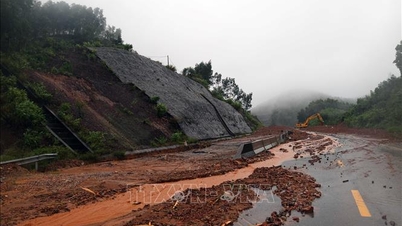
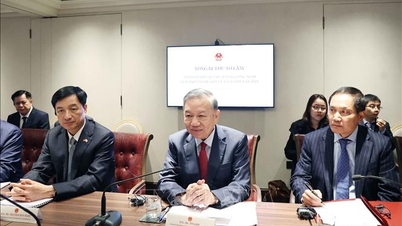

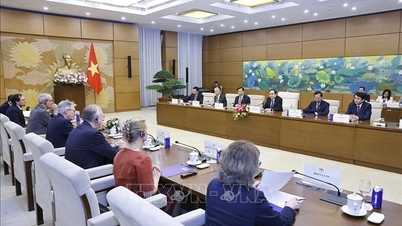
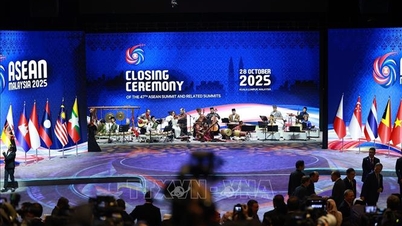


![[Photo] President Luong Cuong attends the 80th Anniversary of the Traditional Day of the Armed Forces of Military Region 3](https://vphoto.vietnam.vn/thumb/1200x675/vietnam/resource/IMAGE/2025/10/28/1761635584312_ndo_br_1-jpg.webp)









































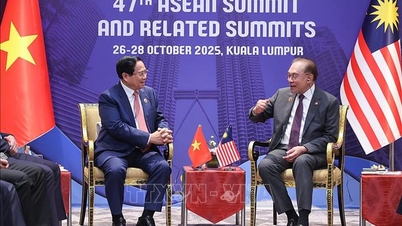
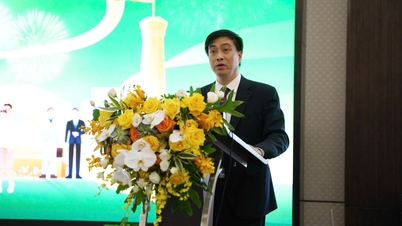




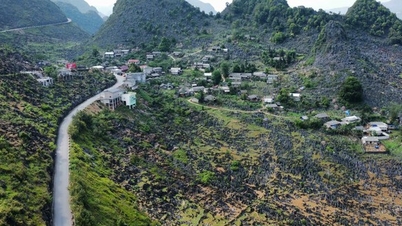
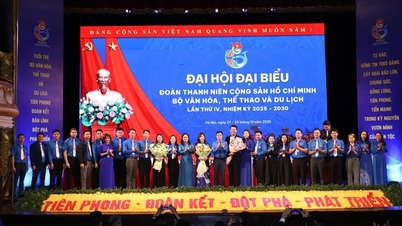
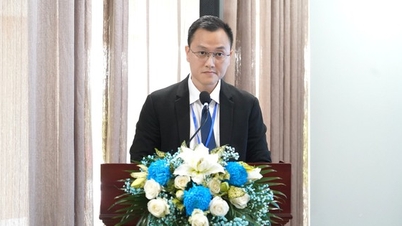

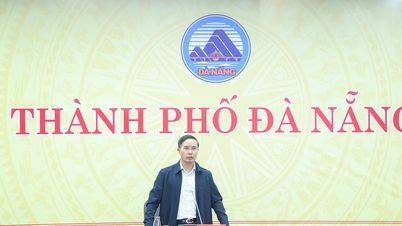
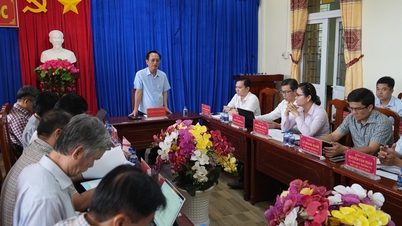
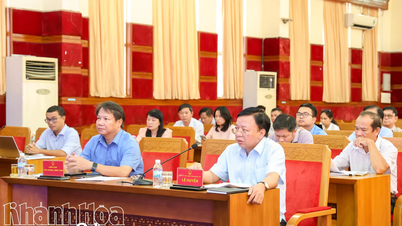



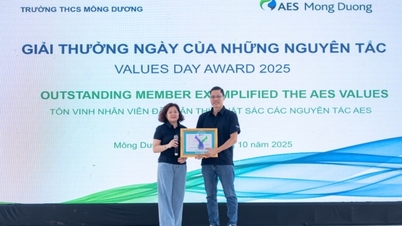

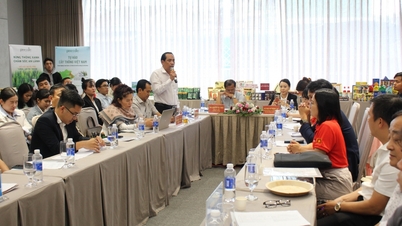
















Comment (0)